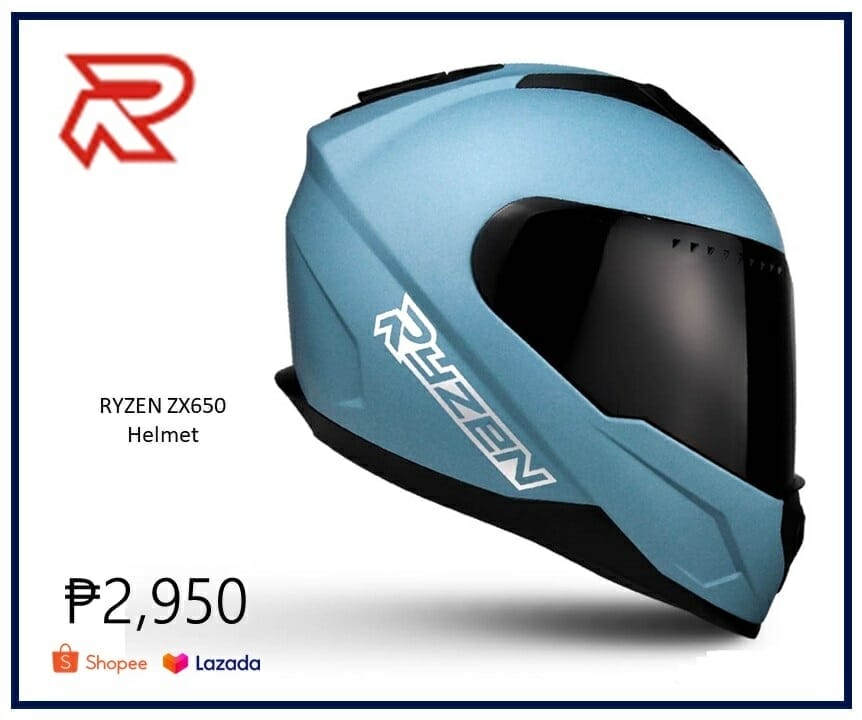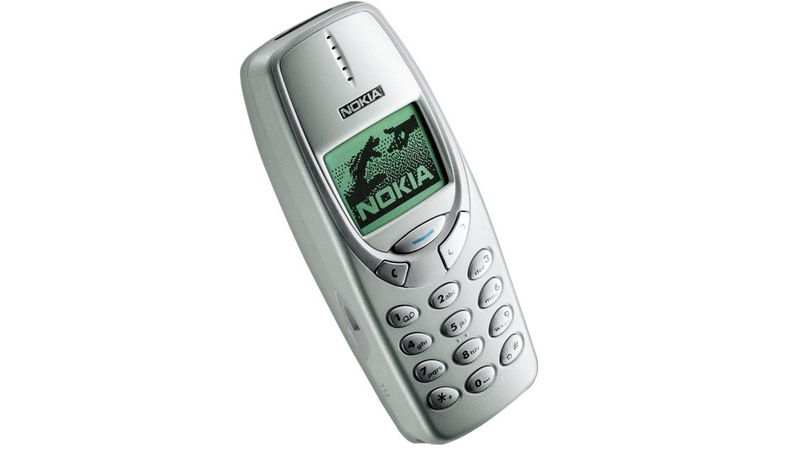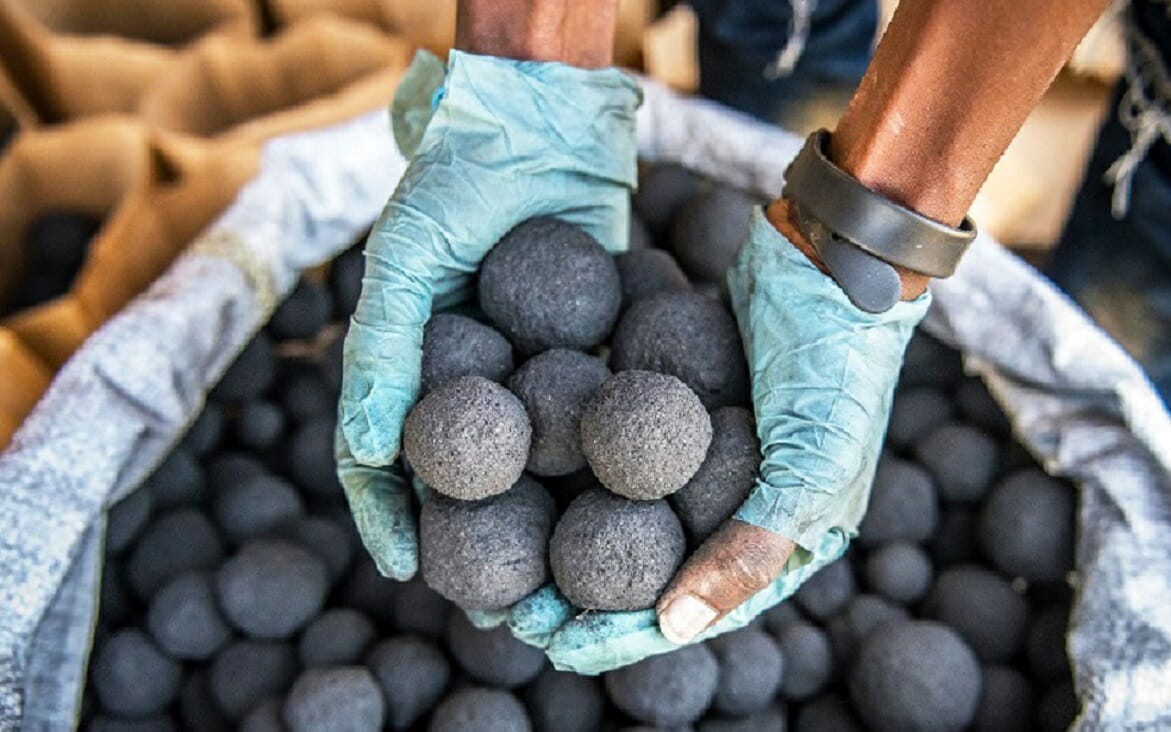Because water lilies often clog up rivers and canals, they have the tendency to kill marine life by draining oxygen out of the water when left unchecked. So what if we will not let these water hyacinths go to the bodies of water and use them as an eco-friendly form of charcoal instead?
This is now the specialty of a startup called HiGi Energy, composed of researchers from the University of the Philippines – Visayas and two Malaysian engineers. The name of the company refers to ‘Hyacinth for Green Energy’.
It started producing smokeless biomass briquettes from water hyacinth in December 2015. A little less than a year later, the company has employed nine people to chop, grind, and turn water lilies into briquettes in Victoria, Tarlac.
The primary goals of HiGi are to reduce the use of firewood and charcoal, provide people with cleaner energy, and lessen the problem of the water hyacinth being a pest plant.
According to HiGi Energy Chief Finance Officer Hazel Pajotagana, the water hyacinth briquettes produce 50 percent less smoke, making it cleaner than traditional solid fuels.
So how are these eco-friendly charcoal being made?
In special metal drums fitted with exhaust pipes, the water hyacinths are burned. There, the smoke residue is reduced. Binding agents are added to the burnt lilies, later molded and cooled.



Source: HiGi’s Facebook
One pack of these eco-friendly briquetts cost 60 pesos or about $1.2, which is about five times more expensive than regular charcoal. The startup says, however, that it lasts longer burns more efficiently.
Part of their advocacy is to lessen the use the regular charcoal relying on logging trees.
Leon Kee, the chief technology officer from Malaysia, tells that as long as there is a demand, it provides an incentive for people to keep on cutting down trees to make a new charcoal.
He adds, “So how we intercept is that we use something that is previously perceived as a pest, a waste, which is the water lily and make it of value, of a certain value to the Filipino which is the charcoal product.”
Higi won in 2016 a six-month fellow program and P800,000 in financial support from Impact Hub Manila, World Wide Fund for Nature, Peace and Equity Foundation and the Asian Development Bank. Pajotanaga tells that the company will use the money to scale up business operations and acquire machineries to increase production and enable them to serve other areas that are infested by water hyacinth.
Sources: GMA Network | The Standard
















